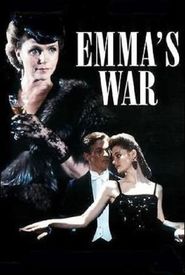Australian Clytie Jessop relocated to London, following in the footsteps of her sister and brother-in-law who had already established themselves in the city. During the early 1960s, she was romantically involved with cinematographer and director Freddie Francis, who first showcased her on the big screen in Jack Clayton's film adaptation of Henry James' "The Turn of the Screw", titled "The Innocents" (1961).
Her enigmatic appearance and striking features made her an ideal candidate for horror films, and in this particular production, she was photographed to great acclaim as the ghost of Miss Jessel, a deceased governess. Francis would later direct her as the terrifying woman in white in "Nightmare" (1964) for Hammer Film, and in "Torture Garden" (1967) for Amicus, where she played Atropos, the Goddess of Fate.
However, acting was not Jessop's primary passion, as she was deeply committed to the world of art. From 1965 to 1973, she managed her own art gallery, and her own works were exhibited in various cities, including Melbourne, London, Sydney, and New York.
In 1977, she returned to Australia to take on the role of director at the S.H. Ervin Museum and Art Gallery. Although she became involved in films once again, this time she turned her attention to directing, writing, and producing a couple of art documentaries and the feature film "Emma's War" (1986),which marked American actress Lee Remick's final screen appearance and also served as Jessop's last known film endeavor.






















